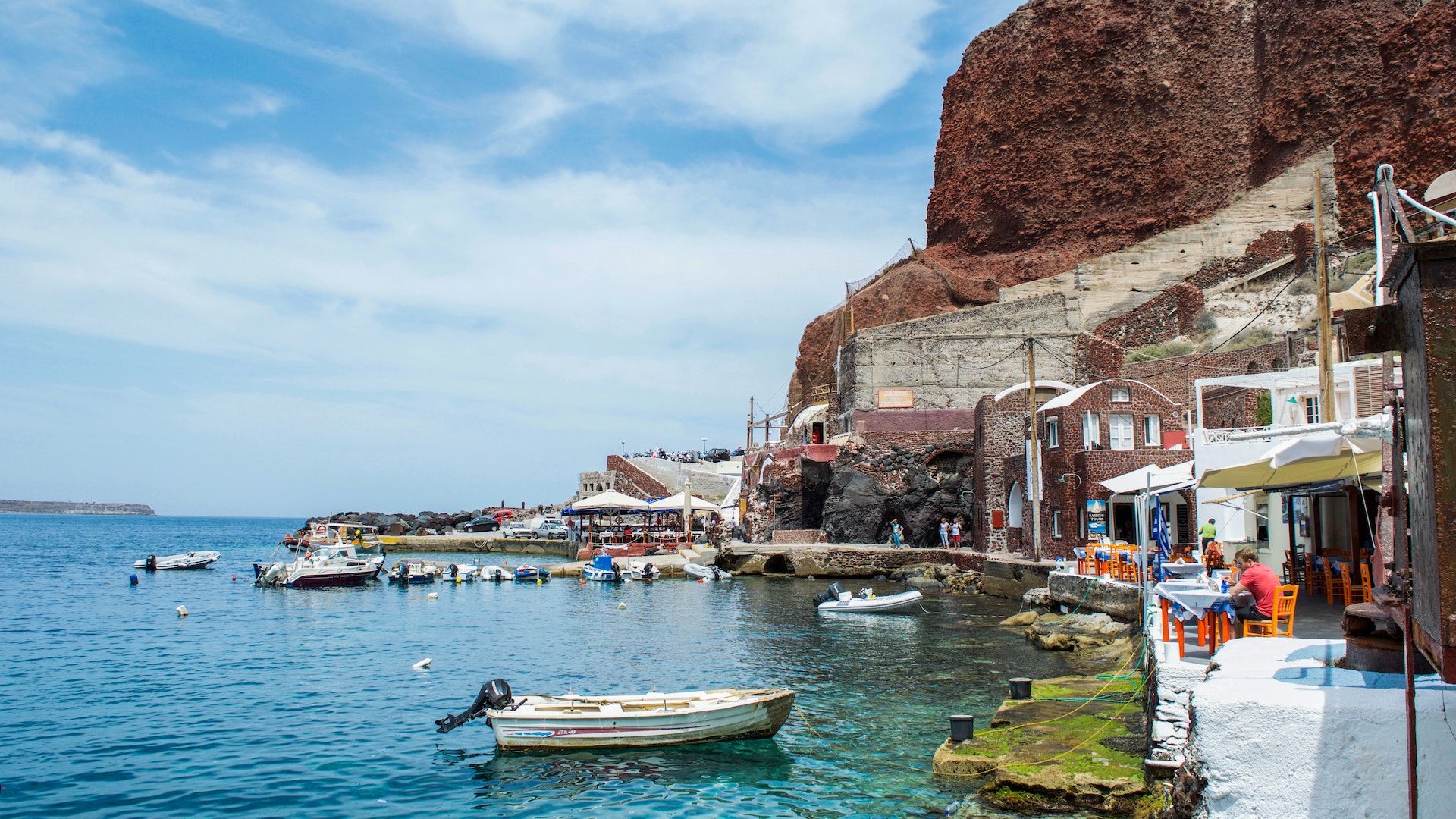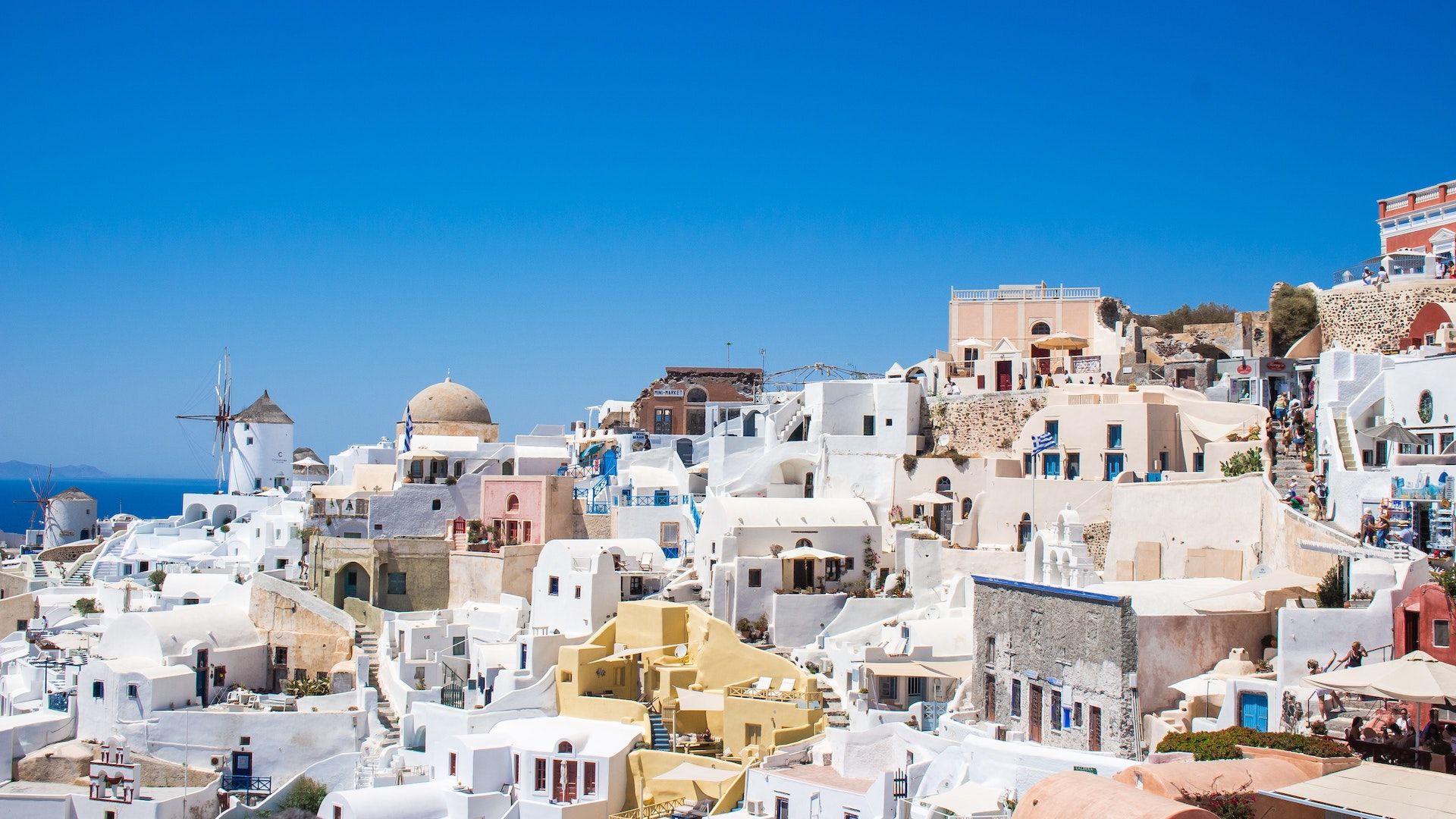Number of Rivers in Greece
Depending on how one describes a river, there is no definitive count of rivers in Greece. About 110 waterways in Greece have a length of more than 15 kilometers, according to the Hellenic Ministry of Environment and Energy. But there are also a lot of smaller rivers and creeks that run through the mountainous areas and valleys of the nation.
The Acheloos, Greece’s second-longest river, the Evros, the nation’s largest river, and the Nestos, which is found in northeastern Greece and is renowned for its abundant biodiversity, are some of the country’s most noteworthy rivers.
Importance of Rivers in Greece
Greece’s rivers have been crucial to the past and economy of the nation. They served as a means of transportation, for irrigation, and as a supply of water for farming in the past. They are still utilized for hydroelectric power production and for agriculture today.
Greece’s waterways are also of great ecological significance because they serve as habitats for numerous plant and animal species. They play a significant role in Greece’s natural environment and the country’s tourism industry, as many tourists come to the country to discover its beautiful rivers and engage in outdoor pursuits like rafting, kayaking, and fishing.
Environmental Challenges Facing Greece’s Rivers
Despite their significance, Greece’s rivers confront a number of environmental issues, such as pollution and excessive water extraction for irrigation and commercial uses. The survival of numerous plant and animal species that rely on the rivers has been threatened as a result of the decline in biodiversity and water quality.
The Greek government has taken a number of steps to safeguard the nation’s rivers in response to these issues, including the creation of protected areas and the adoption of stricter environmental laws. To guarantee the long-term viability and sustainability of Greece’s waterways, however, much more work must be done.
Conclusion
In conclusion, Greece is home to many rivers that have been vital to the history and economics of the nation. They are a crucial component of Greece’s natural environment and continue to be vital for agriculture, energy production, and tourism. To guarantee their long-term health and sustainability, the rivers in Greece must also overcome significant environmental issues.

